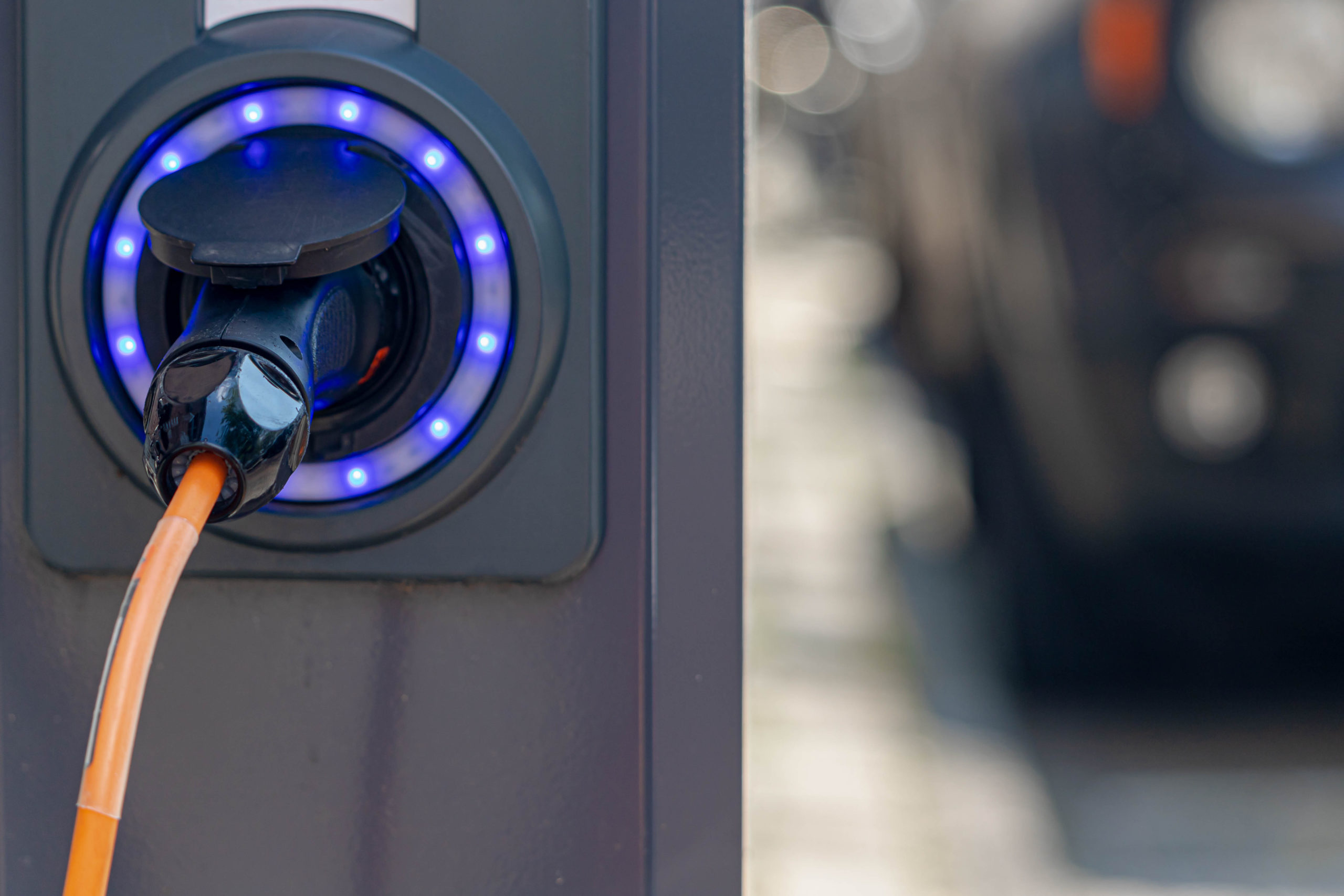
February 16, 2021
The plant will look to enhance output to 1 million units per annum, diversifying into B2B as well.
SUN Mobility and Okinawa are two other entities that have invested in Tamil Nadu’s e-mobility ecosystem.
Ola is also looking to set up a manufacturing plant with an output capacity of 2mn per annum.
The FAME-II national policy gives incentive for e-mobility adoption in the public transport landscape.

Ranipet, Tamil Nadu is set to become the site of Ampere Electric’s 1.4 mn sq ft manufacturing plant. The Memorandum of Understanding signed between the electric-mobility entity and the Government of Tamil Nadu emphasises the former’s interest in putting out a US$ 95mn investment over the period of ten years towards the plant. The plant is expected to make use of an advanced automation process to progress towards eventually producing 1 million units per annum. Roy Kurian, COO, E-Mobility Business at Ampere Electric observed “We have strengthened our leadership position in the e-mobility segment and are getting ready to cater to the growing demand of customers, channel partners, both in B2B and B2C segments. The manufacturing facility in Ranipet will help us expand our offerings to an ever-increasing customer base not just in India but also in other parts of the world.”
Tamil Nadu has become a key destination for investment in electric mobility given the scope of the Electric Vehicle Policy announced in September 2020. Media sources report that SUN Mobility and Okinawa have also expressed interest in becoming a part of the electric mobility manufacturing ecosystem in Tamil Nadu. December 14, 2020, saw Ola announcing plans to establish a scooter factory with an output capacity of 2mn units per annum. The factory is to also export products to Latin American, Asian and European markets thereby positioning itself as a quality global export hub. The EV policy landscape in India is one that is gradually picking up pace. States like Delhi and Tamil Nadu, through their policies, offer buyers incentives on account of purchase and battery maintenance. The nationwide FAME-II scheme provides incentives for greener public transport to be made available to citizens. Sustaining the electric mobility wave in India would require policymakers to shape a concrete strategy for the promotion of battery-swapping technologies, scaling back heavy import duties on EV components, and create strong Private-Public Partnerships so as to understand how best clean technology can serve the nation.